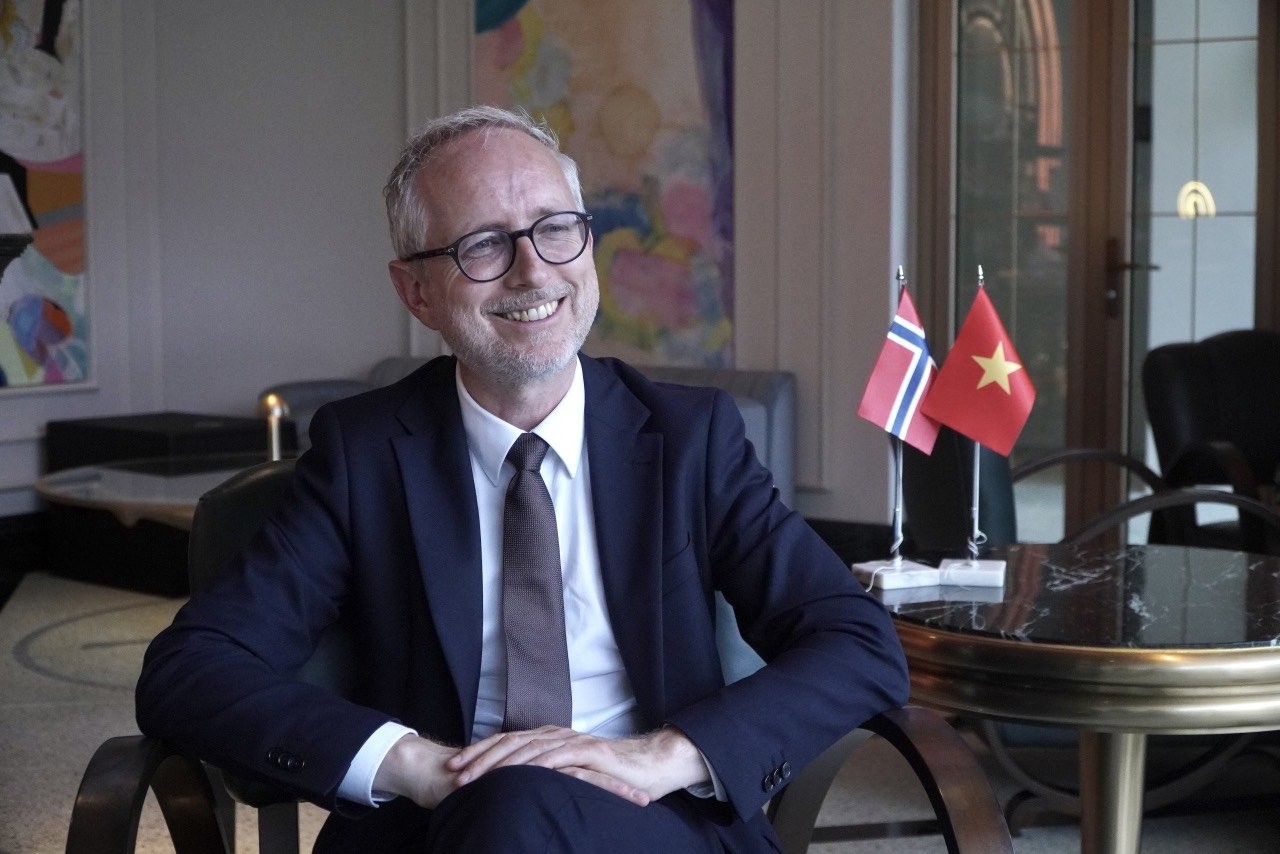 |
Director General of the Norwegian Agency for Development Cooperation (NORAD) Bård Vegar Solhjell shared with TG&VN about his visit to Vietnam. (Photo: Tuan Viet)
Could you please share the goals and focuses of this visit to Vietnam?
My visit to Vietnam this time aims to strengthen the close and good cooperation between Norway and Vietnam. We have been cooperating together in many important areas, and I would like to name a few.
First of all, waste management and promoting a circular economy. On my first day in Vietnam, I visited a Norwegian-funded project on plastic waste management and using waste as input fuel in the cement industry instead of coal.
This is a meaningful project for Vietnam because it can solve two problems at the same time: developing a cement industry with less emissions at lower costs, while also solving the problem of more effective waste management instead of landfill or incineration.
Forestry is also an important area of cooperation between Norway and Vietnam, as you have abundant timber and tropical forest resources. We are currently considering the possibility of trading carbon credits from Vietnam’s forests. This would facilitate Vietnam’s implementation of its Nationally Determined Commitments (NDCs) and support Vietnam’s green transition.
In addition, mine action is an area in which Norway has supported Vietnam for many years. This is a very meaningful activity because Vietnam still suffers from the effects of landmines and explosives left over from the war. Humanitarian assistance is one of Norway’s priorities and together with Norwegian People’s Aid (NPA), Norway is proud to contribute to this effort in Vietnam, through funding as well as NPA’s on-the-ground activities.
Another important area is that Vietnam and Norway are partners in JETP. Green transition is an important area for Vietnam and the whole world, including Norway. In my opinion, this is a key area because Norway and Vietnam have a lot of potential for cooperation, particularly in the areas of offshore wind, solar energy, circular economy and other aspects of the green transition.
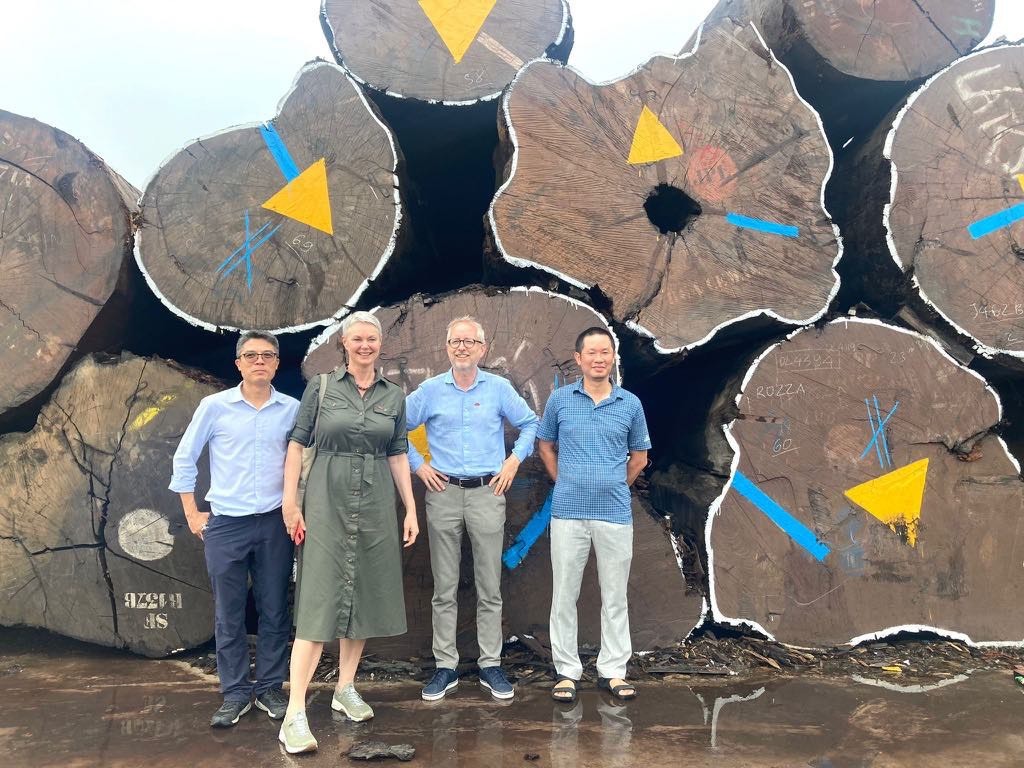 |
Director General of the Norwegian Agency for Development Cooperation (NORAD) Bård Vegar Solhjell and Norwegian Ambassador to Vietnam Hilde Solbakken (second from left) visit a legal logging company in Vietnam. (Photo: KT)
Norway has been one of the major donors to Vietnam since the early days of diplomatic relations between the two countries. Could you assess the main impact of the activities of the Norwegian Agency for Development Cooperation (NORAD) in Vietnam?
The main and most visible impact in Vietnam that can be seen from the Norwegian Government's funding through NORAD is in the field of mine clearance and remediation.
Circular economy is also an area worth mentioning. Norway is currently providing a lot of funding for the activities of UN agencies in Vietnam. Major agencies such as UNDP, UNICEF and UNFPA are all close partners of the Vietnamese government, and these agencies are all using Norwegian funding (through NORAD) to support Vietnam in implementing its priorities.
Vietnam is developing very quickly, from a poor country in the past to a country with an incredible economic and social development rate. Looking to the future, I believe that our cooperation in the field of green transition, maritime, renewable energy, circular economy and other areas will be very promising and prosperous.
How do you see NORAD's role in cooperation between Vietnam and Norway in the coming time and what are the key areas?
NORAD works very closely with the Norwegian Ministry of Foreign Affairs and above all the Norwegian Embassy in Hanoi on projects in Vietnam. We are close partners.
In the coming time, I think energy transition will be the most important area of cooperation. Developing offshore wind power is a very important goal for Vietnam in the future. Meanwhile, Norway is an ocean country and is also developing offshore wind power. Norway has many large and very capable companies in this field.
We also need to mention the circular economy. While plastic pollution is a big problem in Vietnam as well as in Norway and many other countries, cooperation in improving waste management efficiency, increasing plastic recycling rates, and applying technological solutions to support the circular economy will bring many cooperation opportunities for our two countries as well as businesses of both countries.
Seafood and marine tourism are also important issues for our future generations. Therefore, it is important that we eliminate plastic pollution to develop aquaculture and tourism. Norway has the capacity and experience to solve these problems. Together with TOMRA - a provider of technological solutions for the collection and sorting of packaging for recycling, Norway is supporting Vietnam in implementing plastic waste management initiatives, including the use of non-recyclable plastic waste as raw materials for the cement industry as mentioned above.
In addition, I can affirm that forestry is also of great significance in the green transition process. I hope that in the future Vietnam can sell forest carbon credits, thereby fulfilling its international obligations in the field of climate change.
If we succeed in these areas, I think it will further strengthen the partnership between Norway and Vietnam.
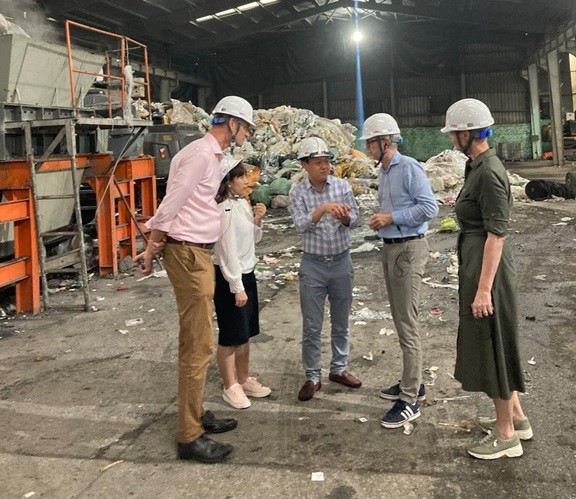 |
Director General of the Norwegian Agency for Development Cooperation Bård Vegar Solhjell and Norwegian Ambassador to Vietnam Hilde Solbakken visited the Quang Ninh cement factory, where plastic waste is gathered and prepared to be processed as input material for cement production. (Photo: KT)
How do you evaluate Vietnam's determination to catch up with new development trends such as digital economy and green economy towards sustainable development goals?
I am impressed by the Vietnamese Government's ambitious goals, including achieving net zero emissions by 2050, along with the goal of becoming a richer, higher-income country by 2045.
If Vietnam is to succeed in achieving both of these goals, like Norway and many other countries, it will need to fundamentally change its current system, namely developing renewable energy, using land more sustainably, protecting forests and promoting a circular economy. This will be a major change.
Vietnam’s transition will not be too different from the transitions that other European and Asian economies will have to go through. Norway and other countries will accompany Vietnam by financing this transition, or by supporting part of the overall effort.
For its part, in my opinion, Vietnam needs strong political determination starting from the Government's policies, including attracting the participation of the private sector and foreign investment. In short, Norway is willing to accompany Vietnam to realize the above ambitious goals.
Can you tell us some success stories in the cooperation between Norway and Vietnam through NORAD?
I would like to share two stories. The first story is about something that happened in the past but continues to happen today. It is about landmines. Although the war ended decades ago, its consequences, namely unexploded ordnance, are still a serious problem, causing many casualties in Vietnam every year. Through Norwegian People’s Aid (NPA), Norway has been funding and supporting mine action in Vietnam for many years. This is one of the activities that is very important to Norway and the aid from the Norwegian Government.
The second story concerns the future. I hope that Norway-Vietnam cooperation in the field of renewable energy, particularly offshore wind power, will be a new and great success story in the relationship between the two countries. This is an area of mutual interest and Norway has been and is having many specific cooperation activities with Vietnam in this field.
I also hope that the project with the Quang Ninh cement factory that I had the opportunity to visit, which involves the co-processing of non-recyclable plastic waste as input material for cement factories instead of coal, will be successful. This technology has been used and proven effective in Norway. For Vietnam, this is extremely important because Vietnam is a major cement producer with many cement companies. With this method, cement factories can cut costs by reducing coal consumption, reducing emissions, and at the same time reducing the amount of waste that has to be buried or leaked into our oceans.
Thank you very much!
Viet Hang
Source : https://baoquocte.vn/na-uy-dong-hanh-cung-viet-nam-thuc-hien-khat-vong-xanh-274683.html


![[Photo] Closing of the 11th Conference of the 13th Central Committee of the Communist Party of Vietnam](https://vstatic.vietnam.vn/vietnam/resource/IMAGE/2025/4/12/114b57fe6e9b4814a5ddfacf6dfe5b7f)

![[Photo] Overcoming all difficulties, speeding up construction progress of Hoa Binh Hydropower Plant Expansion Project](https://vstatic.vietnam.vn/vietnam/resource/IMAGE/2025/4/12/bff04b551e98484c84d74c8faa3526e0)


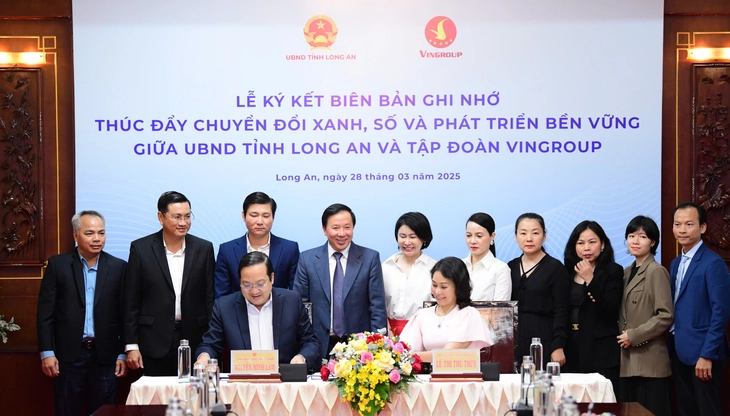

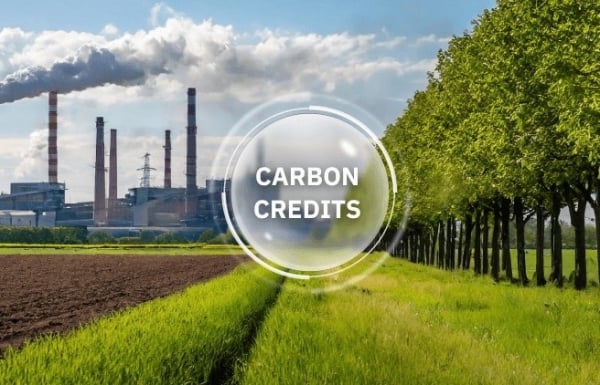

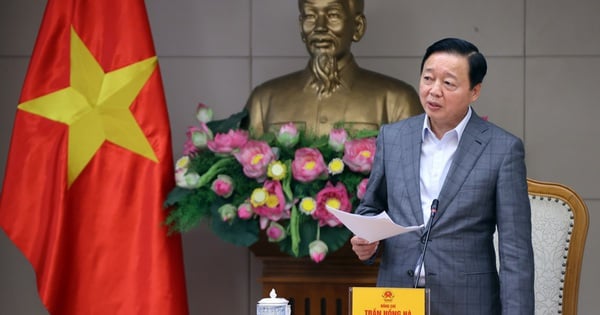

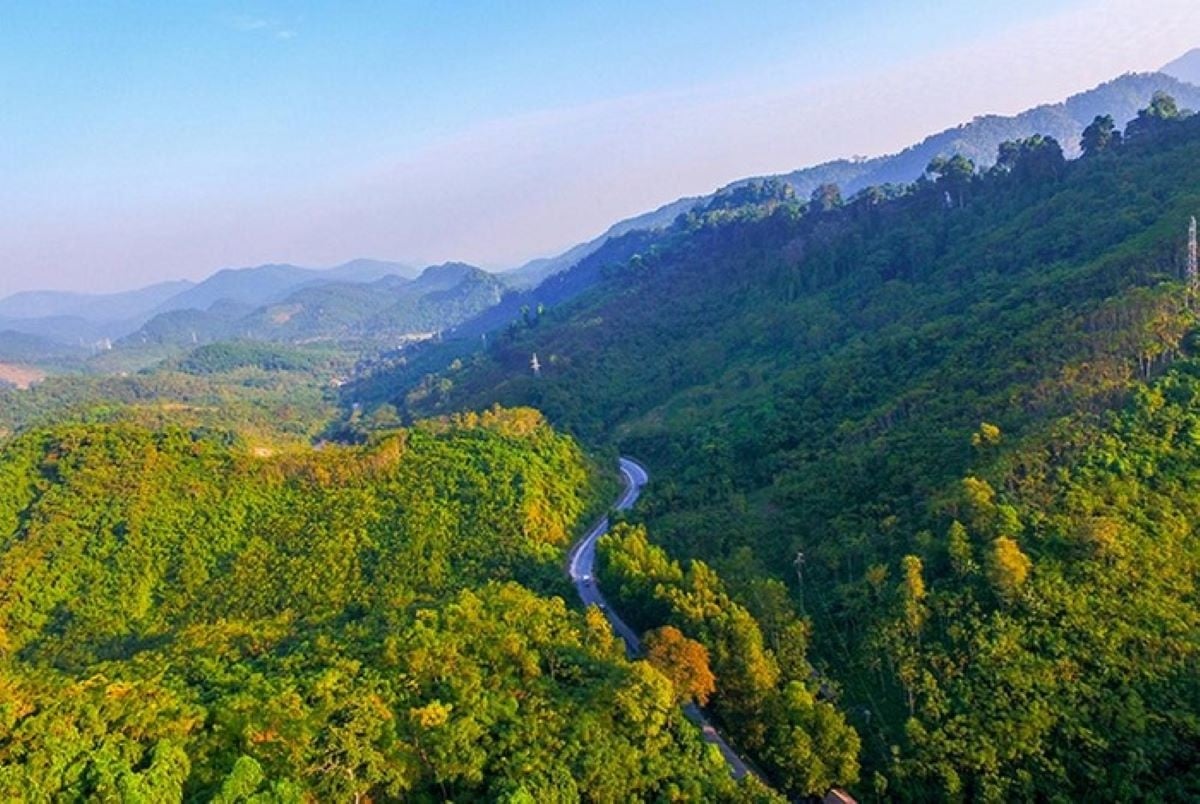

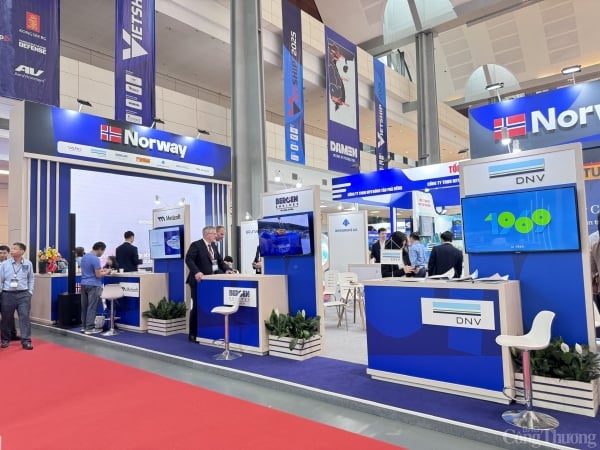
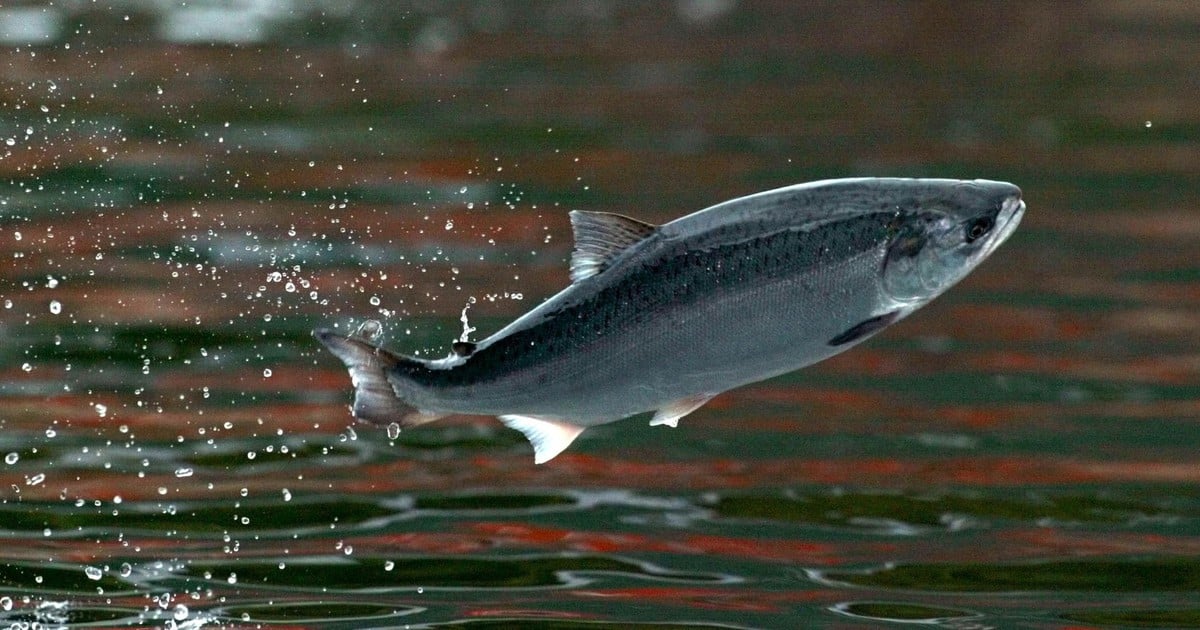

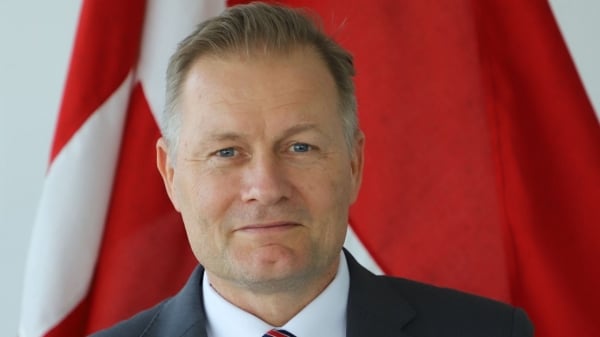
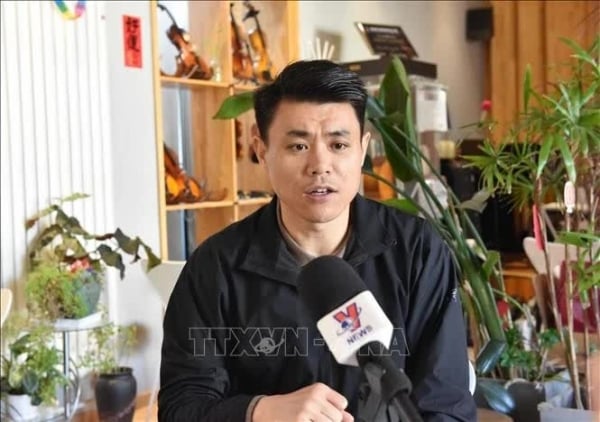
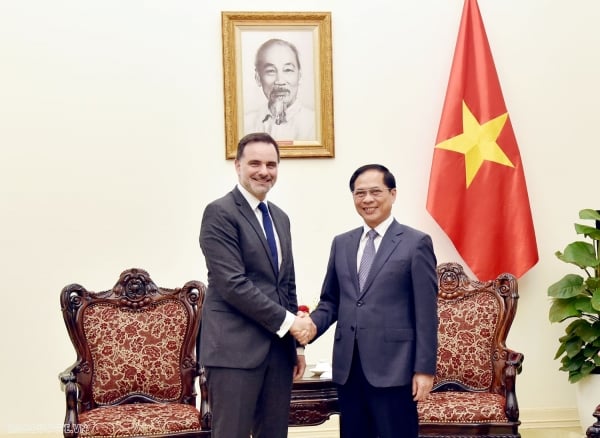
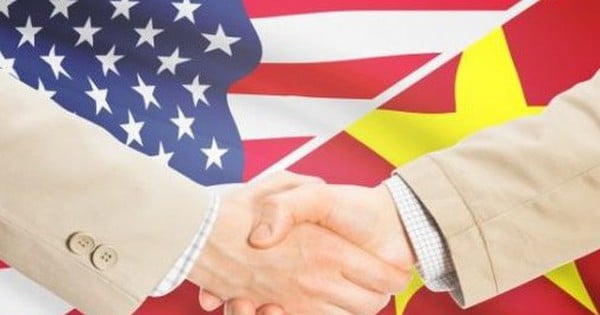
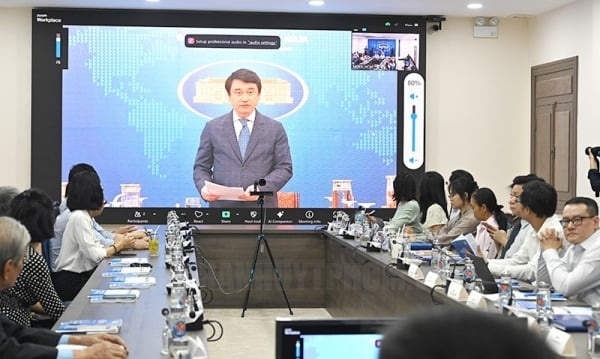




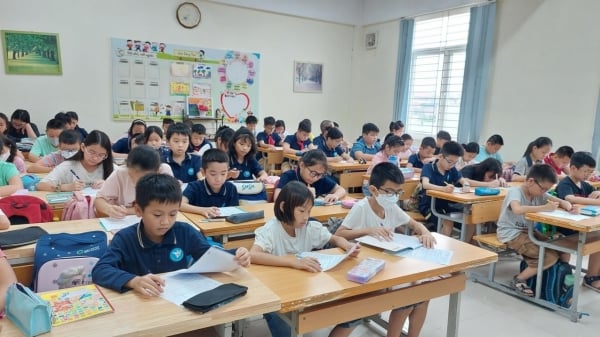


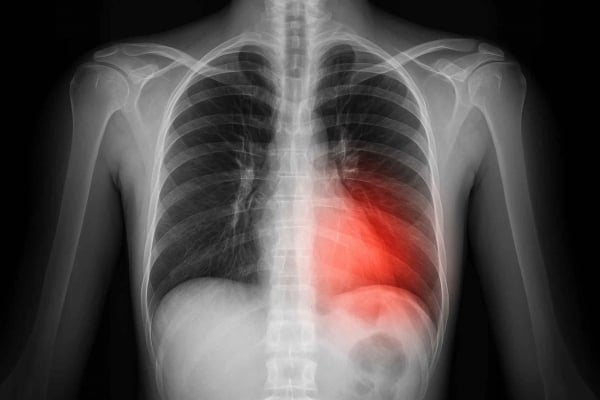
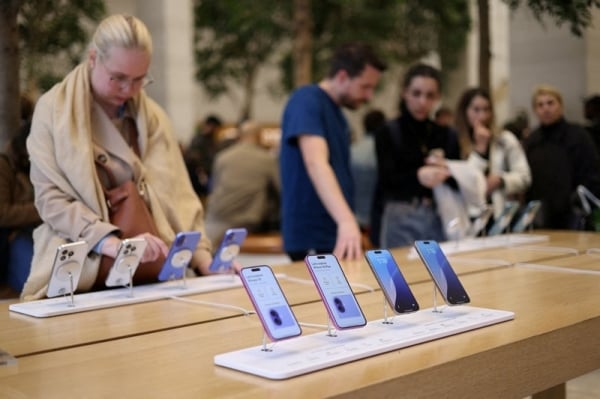
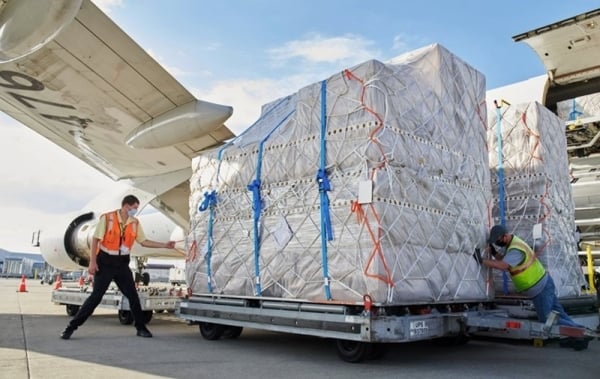

































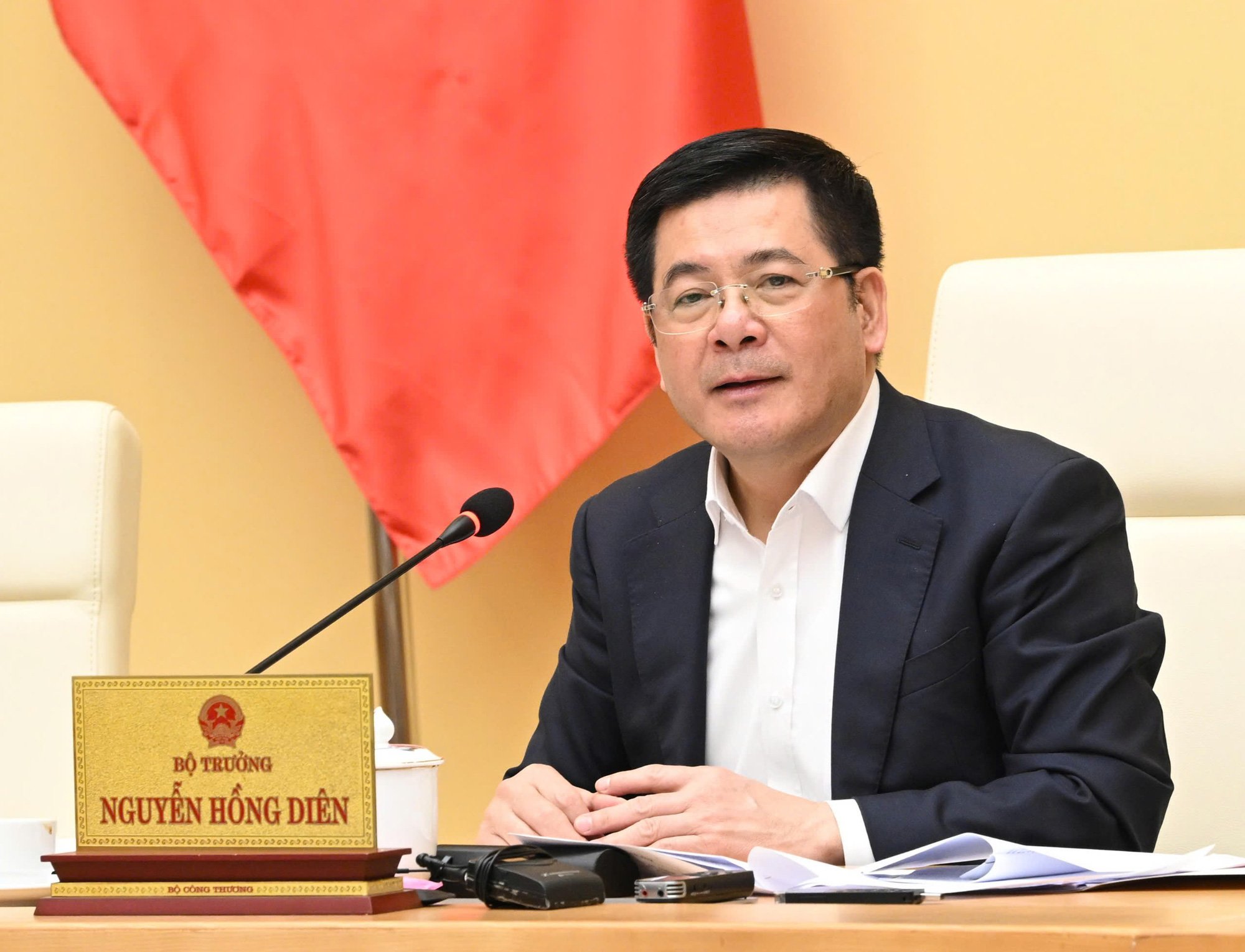
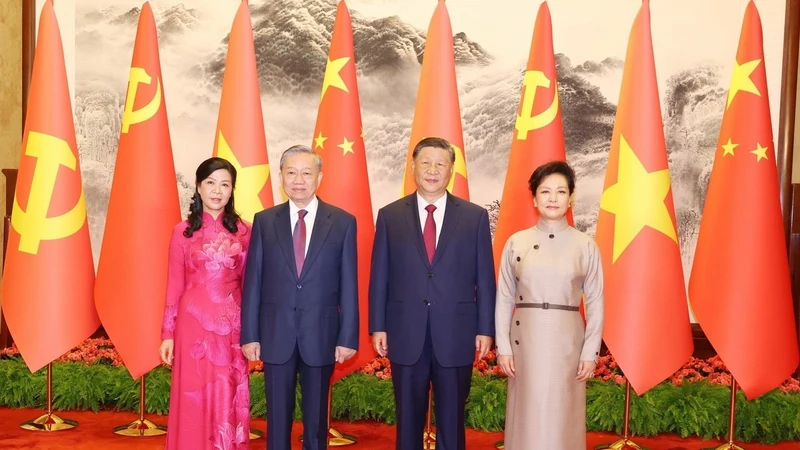














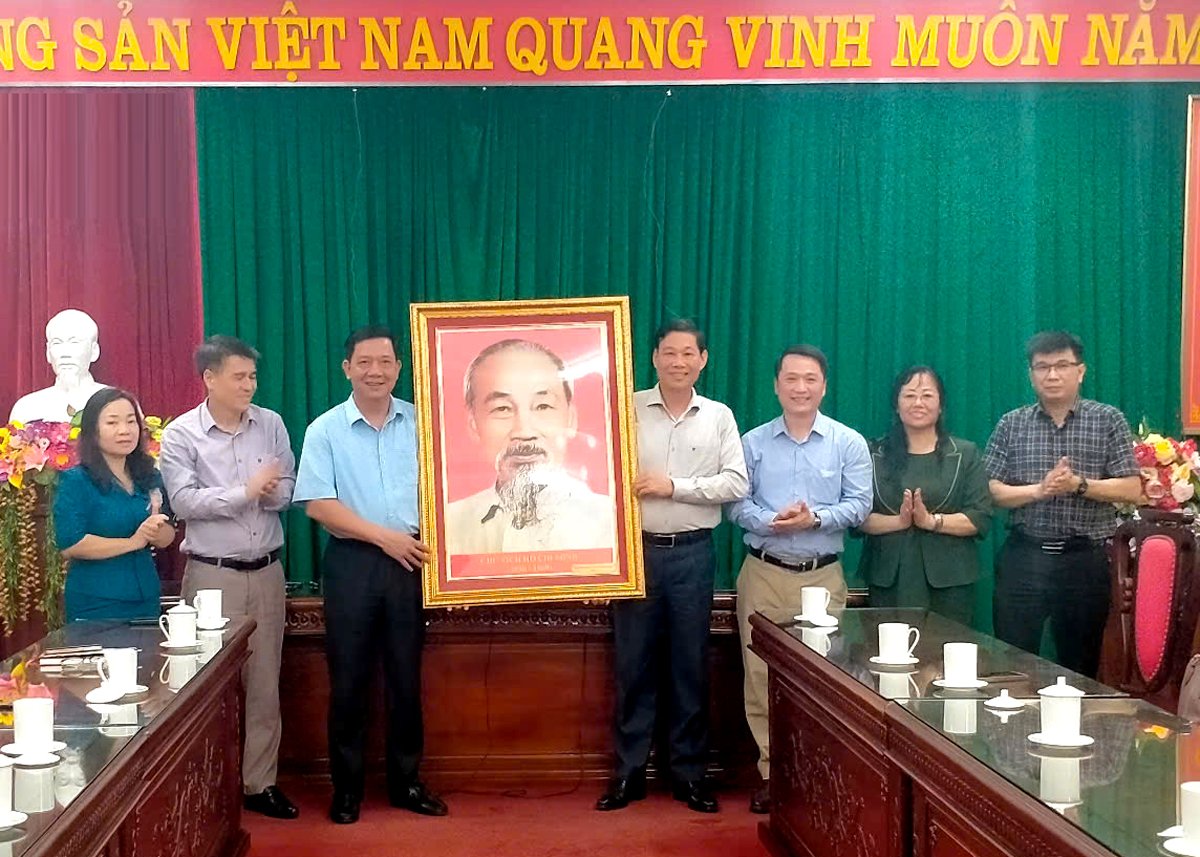














Comment (0)